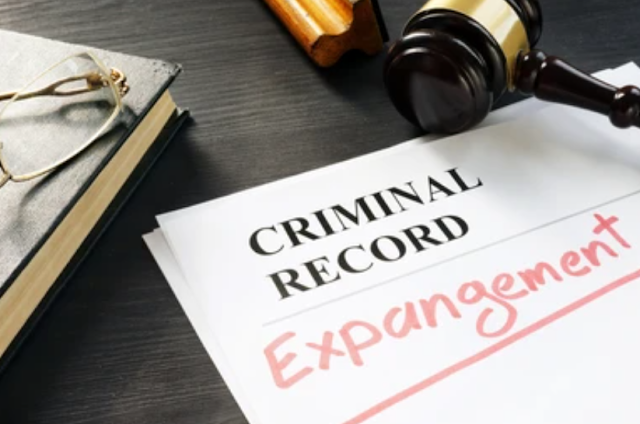Expungement: Clearing Criminal Records
Expungement: Clearing Criminal Records
Expungement is a legal process that allows individuals to clear or seal their criminal records, effectively removing or limiting public access to their past convictions. The purpose of expungement is to provide individuals with a fresh start and the opportunity to move forward without the stigma or negative consequences associated with a criminal record. Let's delve into the details of expungement and the process involved.
Eligibility for Expungement:
The eligibility criteria for expungement vary by jurisdiction and depend on factors such as the nature and severity of the offense, the individual's criminal history, and the time that has passed since the conviction or completion of the sentence. In general, the following factors may impact eligibility:
- Type of offense: Some jurisdictions allow expungement for certain types of offenses, such as minor misdemeanors, while serious crimes like violent offenses or sexual offenses may be ineligible.
- Waiting period: Many jurisdictions require individuals to wait for a specific period after completing their sentence, including probation or parole, before becoming eligible for expungement.
- Criminal history: Having multiple convictions or a history of repeat offenses may affect eligibility for expungement.
- Age at the time of the offense: Some jurisdictions offer special provisions for juvenile offenses, allowing individuals to have their records sealed or expunged upon reaching adulthood.
It is essential to consult local laws or seek legal advice to determine the eligibility requirements for expungement in a specific jurisdiction.
Expungement Process:
The process for expungement typically involves the following steps:
- Petition for expungement: The individual seeking expungement must file a formal petition or application with the appropriate court, providing relevant information such as their personal details, details of the conviction(s) they want to expunge, and reasons for seeking expungement.
- Notice to relevant parties: In many cases, the prosecutor's office or other relevant agencies are notified about the expungement petition and given an opportunity to respond or contest the request.
- Review and decision: The court reviews the petition, along with any responses from the prosecution or other parties involved, and evaluates the individual's eligibility for expungement. The court considers factors such as the individual's rehabilitation, behavior since the conviction, and the impact of expungement on public safety.
- Expungement order: If the court approves the expungement request, it issues an expungement order, which directs law enforcement agencies, courts, and other entities to seal or remove the individual's criminal records from public access. This may involve removing the records from databases, sealing physical files, or restricting public access to the information.
- Effect of expungement: Once a criminal record is expunged, the individual can legally state that they have not been convicted of the expunged offense(s) in most situations. However, certain exceptions may exist, such as disclosure requirements for certain professional licenses or government positions.
Benefits and Limitations of Expungement:
Expungement offers several benefits to individuals with a criminal record, including:
- Improved employment prospects: Expungement removes or limits public access to criminal records, increasing the individual's chances of obtaining employment without being prejudiced based on their past convictions.
- Housing and rental opportunities: Expungement can enhance access to housing and rental options, as landlords and housing providers may conduct background checks that do not reveal expunged records.
- Professional and educational opportunities: Expungement may remove barriers to professional licenses, certifications, and educational opportunities that consider an applicant's criminal history.
However, it is important to note that expungement has limitations:
- Access by law enforcement and government agencies: While expunged records are generally sealed from public access, law enforcement agencies and certain government entities may still be able to access them for specific purposes, such as investigations or background checks related to certain types of employment or professional licenses.
- Future criminal charges: Expungement does not prevent law enforcement or prosecutors from considering prior expunged offenses if an individual faces new criminal charges in the future.
- Collateral consequences: Expungement does not automatically remove all collateral consequences of a conviction, such as immigration-related consequences, registration requirements for certain offenses, or the ability of other countries to access criminal records.
In conclusion, expungement provides individuals with the opportunity to clear or limit public access to their criminal records, promoting reintegration into society and mitigating the negative impacts of past convictions. The eligibility criteria, process, and effects of expungement vary by jurisdiction, and it is important to consult local laws or seek legal advice to understand the specific requirements and implications of expungement in a given jurisdiction.















No comments